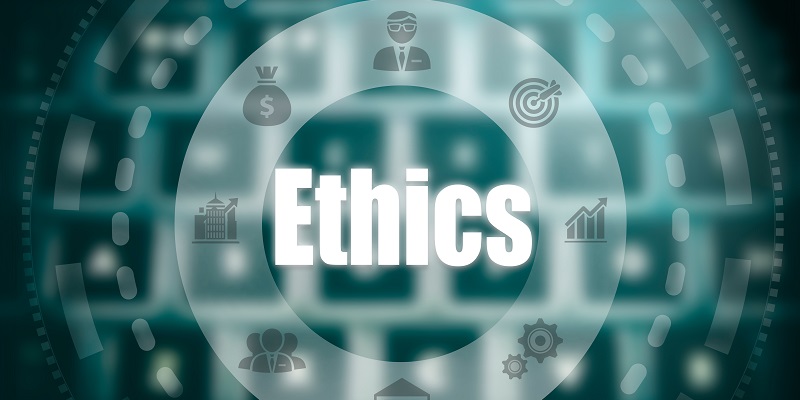Business ethics are a critical aspect of creating a successful and sustainable operation that benefits not only owners but also customers, employees, and communities. However, an ethical culture is not something that can be established overnight; it requires commitment and consistency on the part of the company’s leadership. In this article, we’ll discuss the importance of establishing an ethical culture within your business, the consequences that result when unethical behavior is ignored, and the steps you can take to make ethical behavior a core value of your company.
Establishing Ethical Culture Through Leadership
Leadership plays a significant role in setting moral standards within a company. Leaders must embody the values they wish to see in the employees they lead. This means modeling ethical behavior and creating a culture of accountability from top to bottom. It is important to set clear expectations for employees and stakeholders, ensuring that everyone understands what constitutes ethical behavior.
Extending Ethical Standards to Customers
It’s essential to involve customers in ethical practices as well. Establishing an ethical culture can be viewed positively by clients, inspiring them to remain loyal and engage with your company regularly. Ethical practices could involve ensuring customers that their information is safe, guaranteeing fair and transparent business practices, and maintaining the quality of products or services rendered.
Consequences of Unethical Behavior
Businesses that engage in unethical practices often find themselves subject to steep fines and lawsuits. The cost of unethical decisions and behavior goes beyond monetary damages to the company and can undermine customer trust and damage the reputation of the company.
Loss of Trust Among Employees
The loss of trust among members of the workforce is another consequence of unethical behavior. Employees who don’t trust their leaders or coworkers usually become disengaged and may lack motivation, thereby negatively impacting overall productivity and profitability. This loss of trust can be compounded further by employees showing concern to friends or family, potentially resulting in lost referrals and new clients.
Benefits of an Ethical Culture
When an ethical culture is embedded in the business model, employees become more comfortable discussing issues with clients or colleagues, helping to address problems before they turn into major challenges. Open communication and collaborative work relationships can significantly improve productivity and decrease misunderstandings.
Building Trust and Credibility
Being known for ethical business practices can help gain customers’ trust and enhance the company’s overall reliability. Trust is built gradually, and establishing an ethical culture over time can help create increasing trust among clients, stakeholders, and employees.
Positive Impact on Financial Performance
Businesses that uphold ethical standards have been found to perform better financially. In some reported cases, ethical businesses drive more customer loyalty and fewer legal issues, which can lead to higher profits. Trust and credibility translate into confidence in client and customer relationships, resulting in profitable commercial transactions.
Implementation of Ethical Culture
One primary facet of implementing an ethical culture is having a code of ethics that outlines the principles and practices your business adheres to. These principles can cover various topics, from honesty, confidentiality, and transparency to respect for customers and employees. A written code of ethics serves as a visual guide that employees can use to stay on track with the company’s ethical standards.
Regular reinforcement of ethical principles
It is not enough to establish clear ethical principles and codes; they must be continually reinforced. Consistent and frequent use of tools like workshops and training programs provides employees with an understanding of the organization’s culture and the implications of unethical behavior.
In conclusion, establishing an ethical culture is not only the right thing to do, but it has also been shown to improve long-term financial performance, employee satisfaction, and customer loyalty. It is the responsibility of company leadership to create and foster an environment where ethics are a top priority, ensuring that stakeholders are treated with fairness and respect. Whether it is achieved through developing a code of ethics, consistent reinforcement of ethical principles, or modeling ethical behavior as leaders, the creation and maintenance of an ethical culture can have a positive impact on your business’s bottom line.

